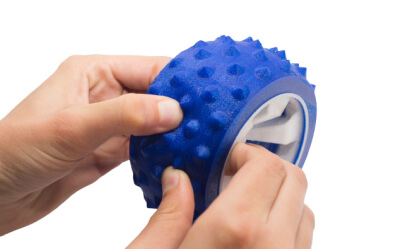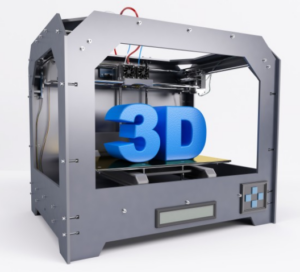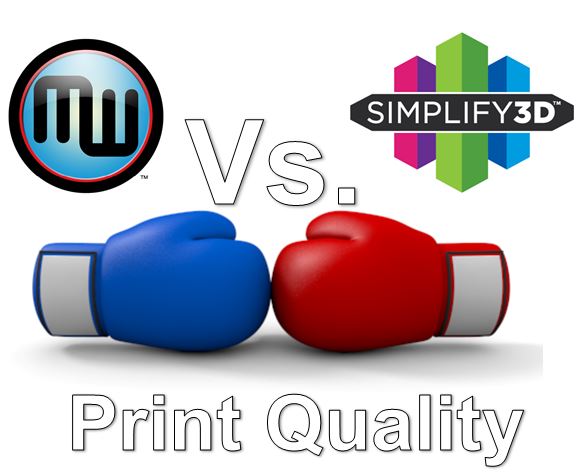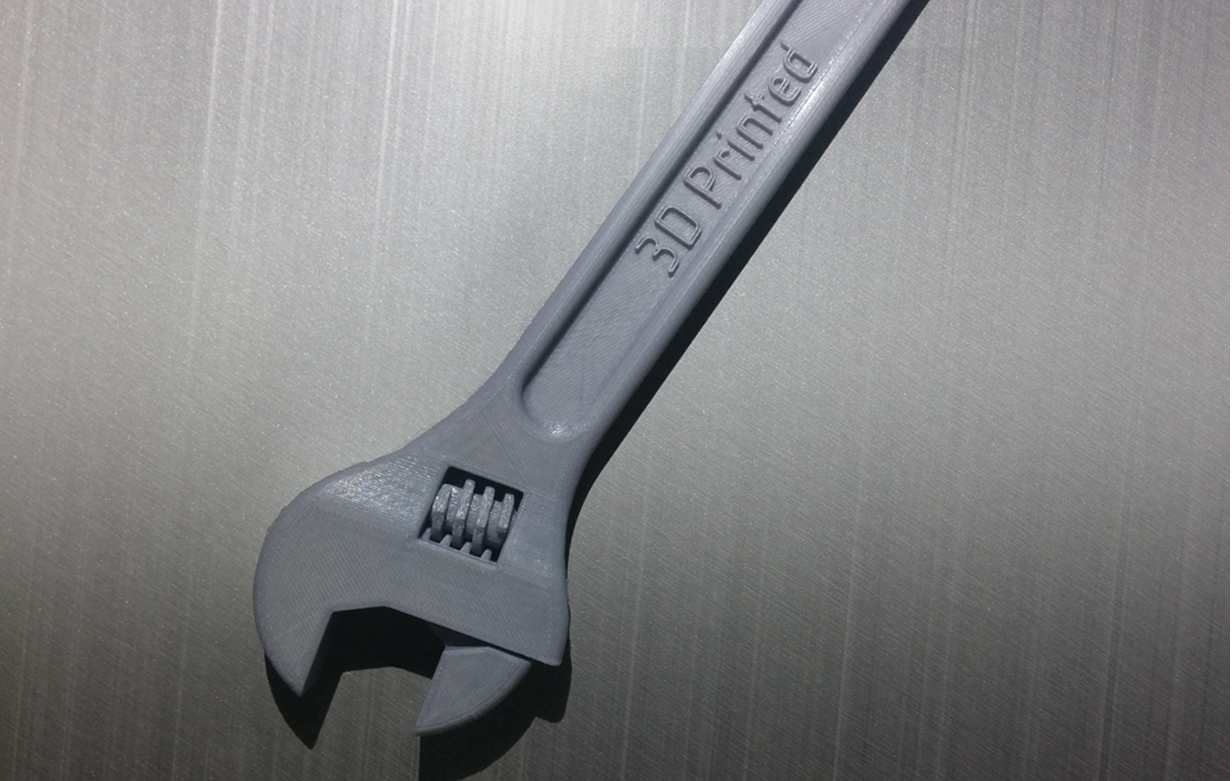Brief Introduction and History
TPU, or Thermoplastic Polyurethane, is a class of polyurethane plastics with many useful properties, including elasticity, transparency, and resistance to oil, grease, and abrasion. It has been widely used in 3D printing, especially since the advent of Fused Deposition Modeling (FDM) technology, due to its flexibility and durability.
Material Composition
TPU is a linear segmented block copolymer composed of hard and soft segments. The hard segment can be either aromatic or aliphatic, while the soft segment is usually made from polyether or polyester. This composition gives TPU its unique properties of elasticity and resistance to environmental factors.
Uses
- Flexible Parts: Due to its flexibility, TPU is ideal for printing parts like tubes, hoses, and bellows.
- Protective Components: Its shock-absorbing properties make it suitable for phone cases, shoe insoles, and other protective gear.
- Medical Devices: TPU’s biocompatibility makes it useful for certain medical applications like prosthetics.
- Automotive Parts: Used for car parts that require flexibility, like air ducts and vibration dampeners.
- Sporting Goods: Ideal for creating custom-fit gear, such as mouthguards or padding.
Best Fit Use
TPU is best used for applications that require a combination of flexibility, durability, and resistance to oils and chemicals. It’s particularly useful in protective gear and flexible tubing.
Example 1
Protective Phone Cases: TPU is widely used to create custom, durable phone cases. These cases are designed to absorb impact and protect smartphones from drops and scratches, leveraging TPU’s flexibility and shock-absorbing properties.
Example 2
Medical Prosthetics: TPU’s biocompatibility and flexibility make it an excellent material for certain types of medical prosthetics, offering comfort and durability to the wearer.
Difference Between Basic and Advanced Forms
Basic TPU offers good elasticity and abrasion resistance, while advanced forms may be enhanced for specific properties like UV resistance, flame retardancy, or improved biocompatibility.
Benefits
- High flexibility and elasticity.
- Excellent abrasion resistance.
- Good resistance to oils, greases, and solvents.
- Wide range of applications.
Drawbacks
- Can be challenging to print due to its flexibility.
- Requires specific printing settings.
- Not suitable for rigid applications.
Overall Rating for Daily Use
- Hobbyists: 4/5 (Great for flexible projects, but can be tricky to print).
- Professionals: 4.5/5 (Valuable for specialized applications).
Future Developments
Research is ongoing to enhance TPU’s properties, such as making it more eco-friendly or improving its printability. Future developments might include creating TPU composites with other materials for enhanced properties or developing bio-based TPUs for sustainability.







